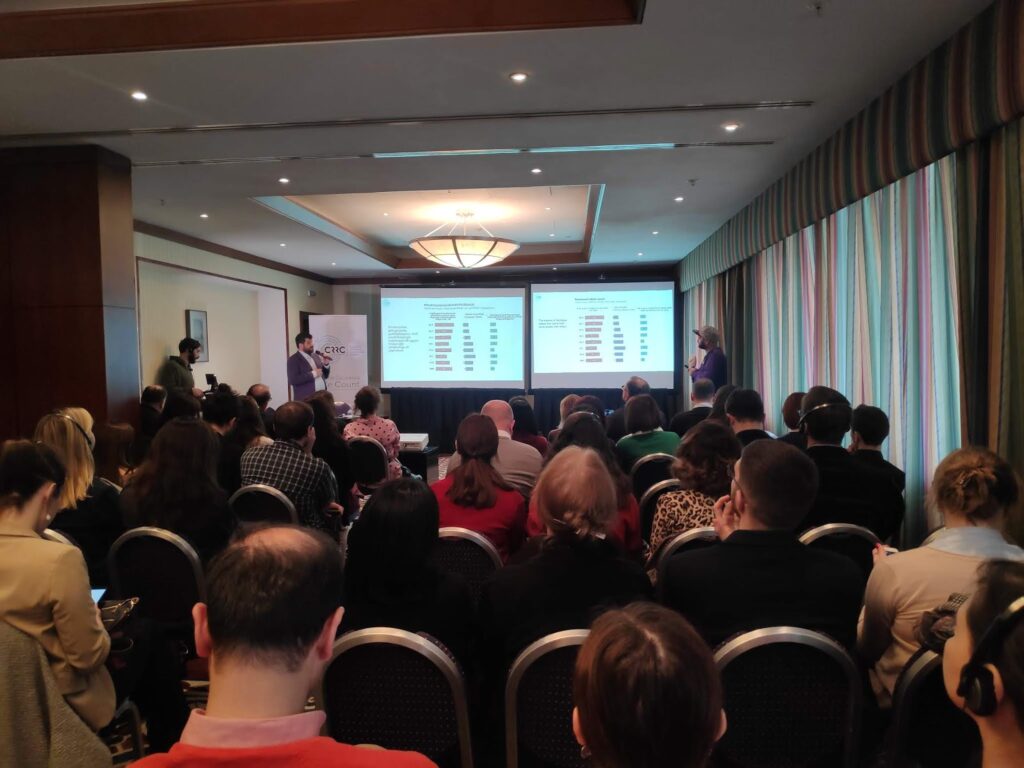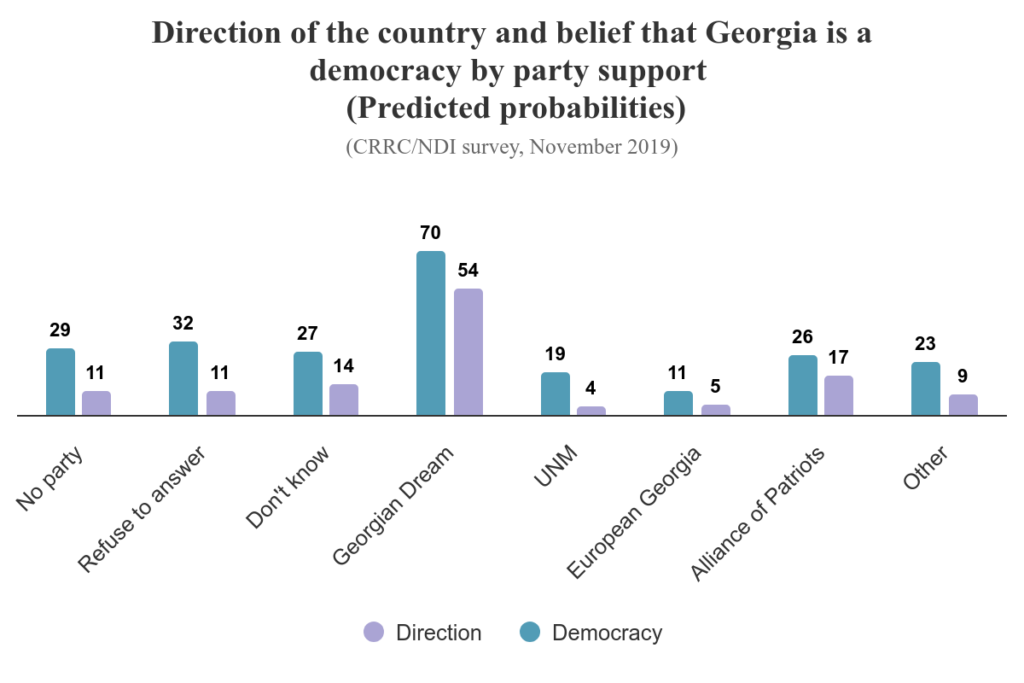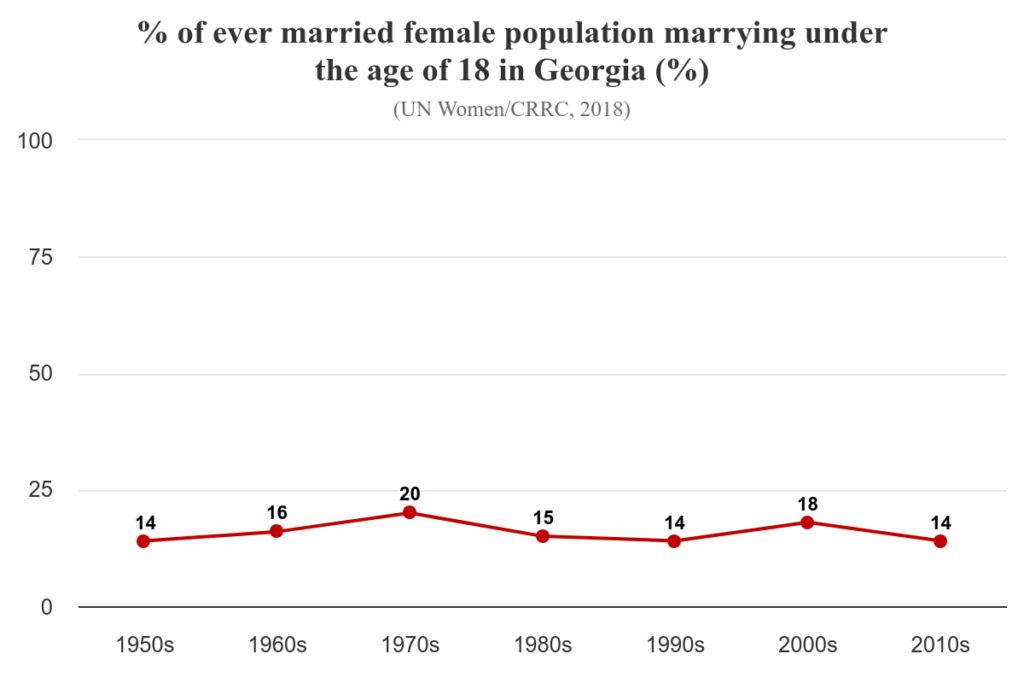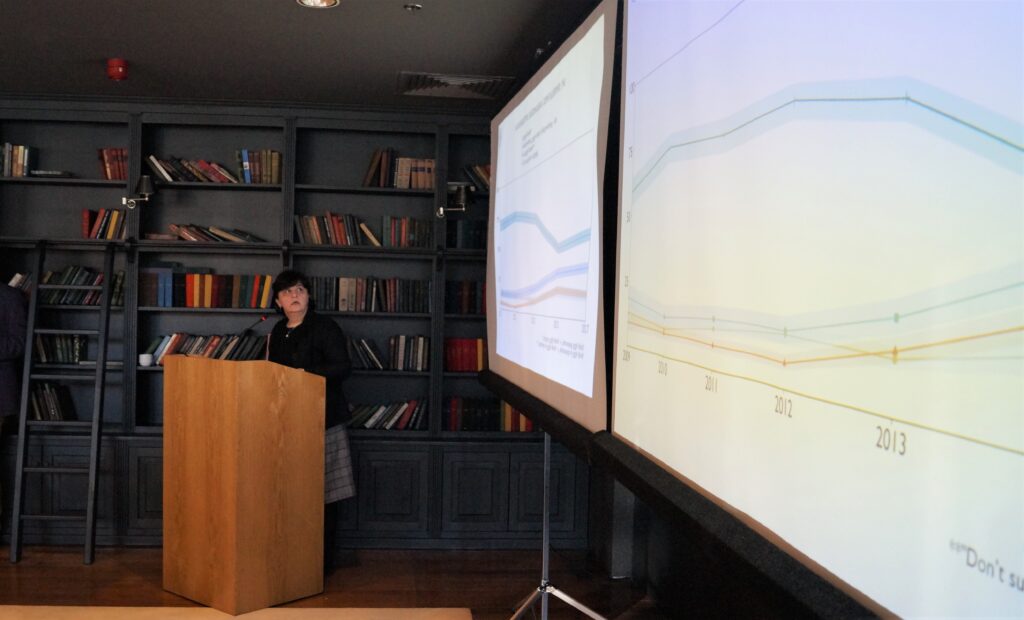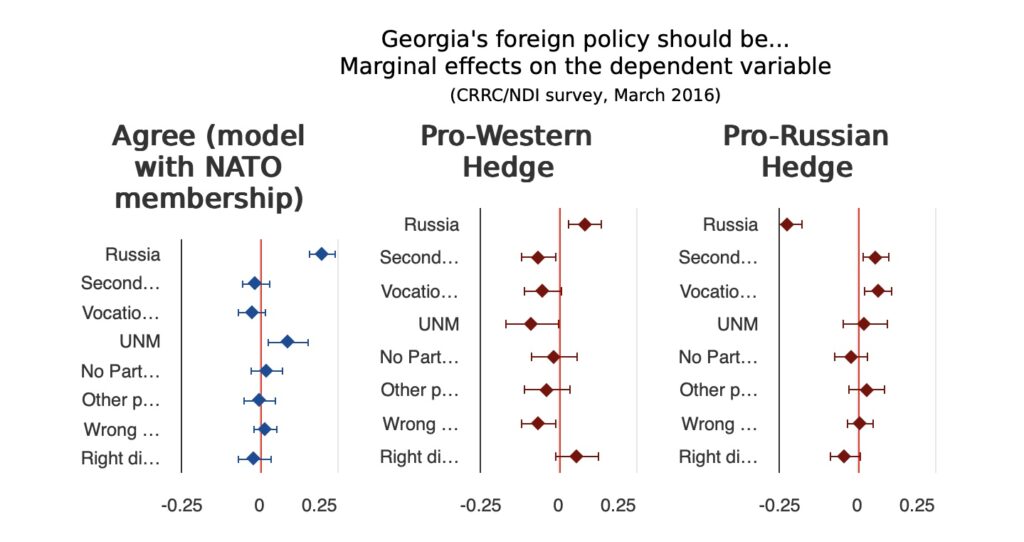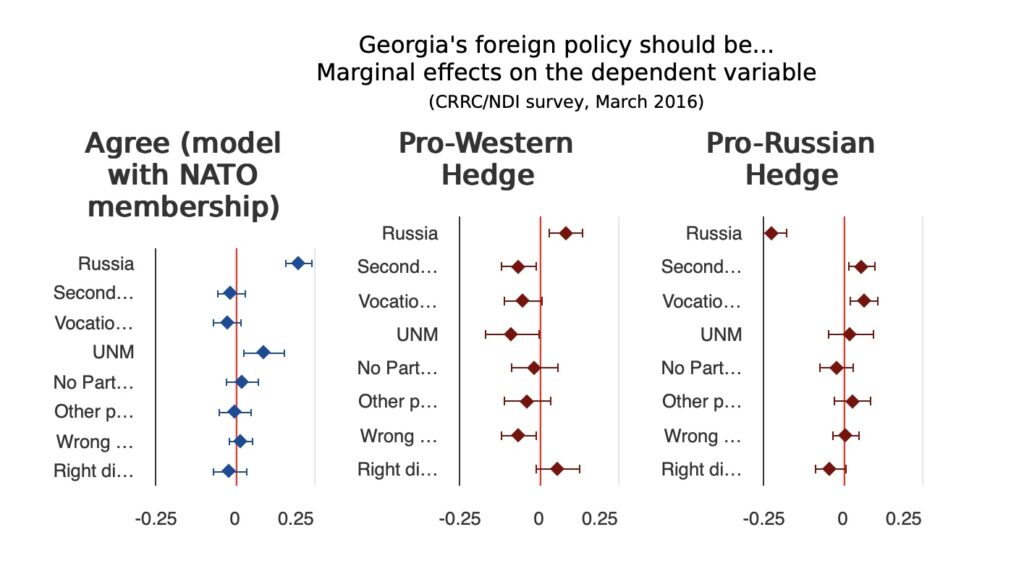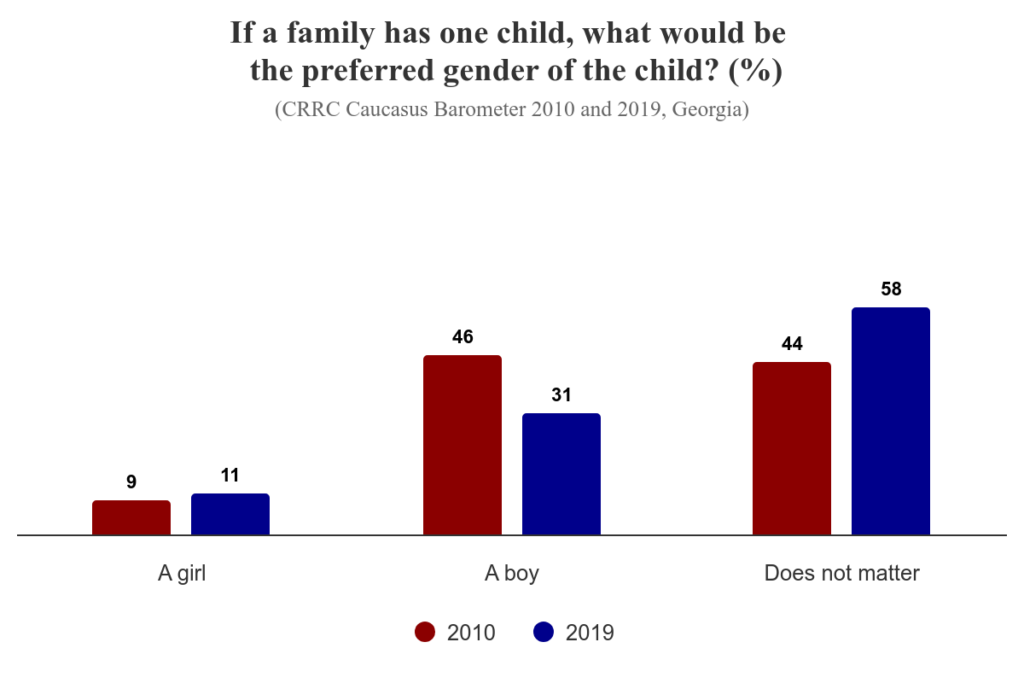
Preferences for the gender of children has a long history around the world and Georgia is no exception. CRRC-Georgia examines how attitudes have changed over the last decade.
In Georgia, having a boy has traditionally been desirable as sons are often considered…
